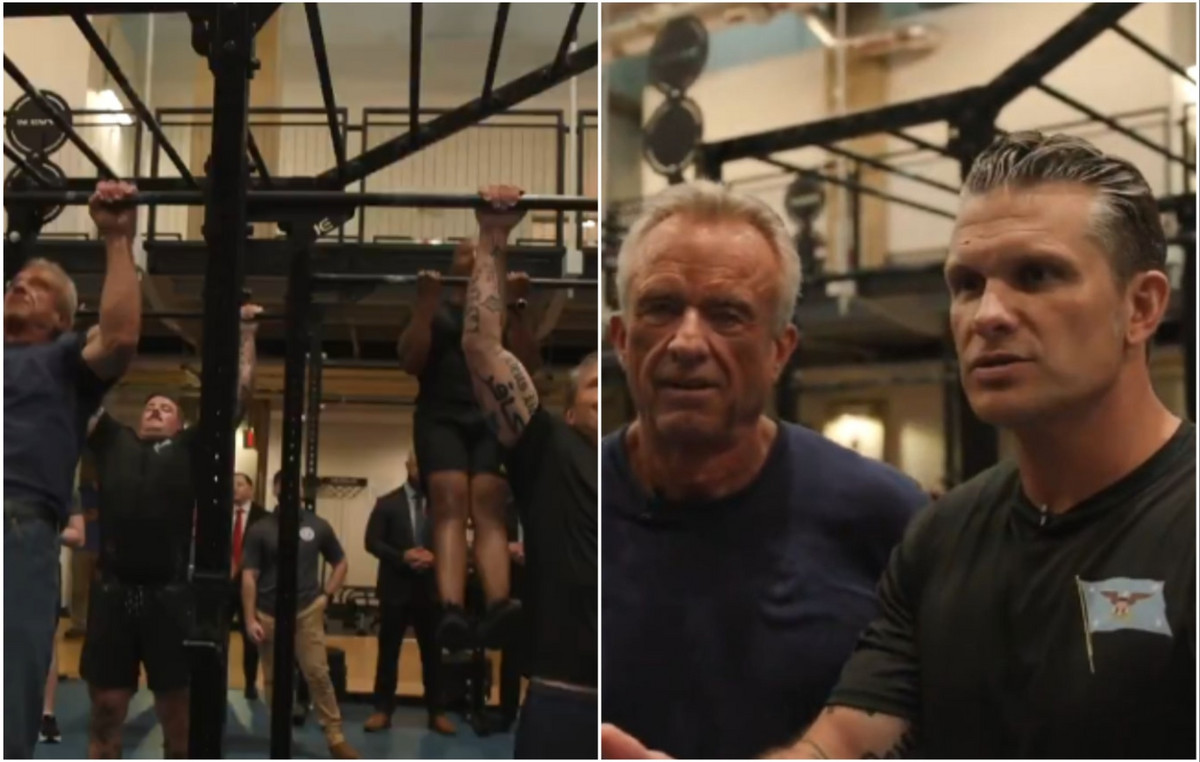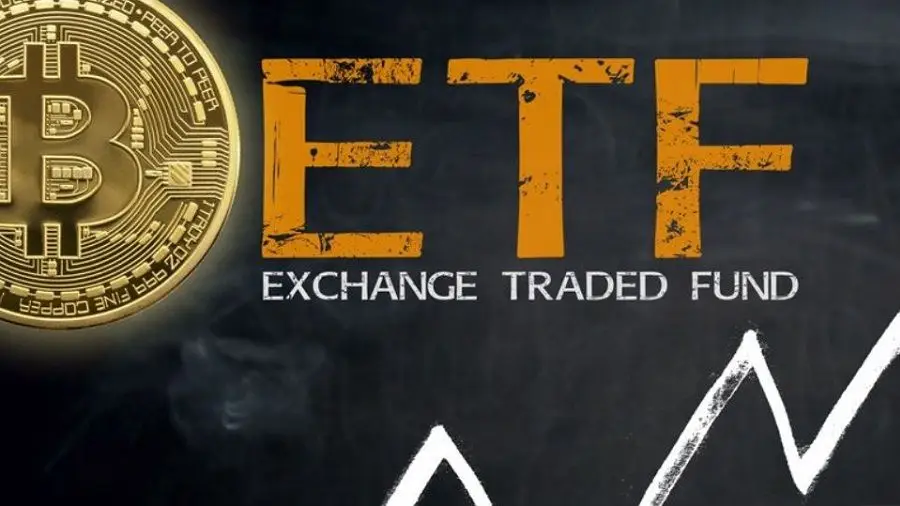The governor of Rio Grande do Sul, Eduardo Leite (PSDB), said this Wednesday (1st) that he supports the tax reform. The statement was given during the Investment Conference in Latin America, organized by the Credit Suisse bank.
According to Leite, the other governors also support the approval of the text. “We want and work for tax reform. Now, this does not mean that we can expect a solution to the urgent problems in state revenues”.
Leite said that he worked to put Rio Grande do Sul in a condition of fiscal balance, but in the middle of the way, the Union changed the form of taxation. “This loss of revenue needs to be urgently recomposed”.
However, the governor highlighted that the messages of the current federal government are still ambiguous. “We give the benefit of the doubt for being at the beginning, but it wasn’t meant to be, it was meant to be sure. Doubt and uncertainty create risk, and risk is a cost. They end up having to be priced to the point of making business unfeasible”.
“It is possible to make opposition responsibly, objectively, without raising doubts about people’s intentions”, emphasized Leite.
However, he said he did not doubt Lula’s intentions. “I understand that they are sincere and honest in the direction of improving people’s lives, but they are misguided in the fiscal and economic area,” he added.
PSDB
Leite is interim president of the PSDB, taking the place of Bruno Araújo. During his speech, he said that tonight there will be a meeting to discuss the future of the party’s leadership and believes in an opportunity to take office.
Regarding a possible candidacy for the presidency in 2026, Leite still does not see a consistent candidate.
“In 2026 I will be, you can count on me, at the side of the construction of this path for the country, which seeks serenity, sobriety, but with direction. It is not lack of position, it is having conviction, knowing what the agenda is, having a clear purpose and not thinking that anyone who thinks differently is an enemy to be exterminated”, he concluded.
Discussion of tax reform in São Paulo
The governor of São Paulo, Tarcísio Gomes de Freitas (Republicans), said he does not believe that the states’ adherence is so ripe for the approval of a quick tax reform. “I don’t think it’s going to be a bed of roses like some people are selling. The fact that we support the reform does not mean that we fully agree with the text of PEC 45, as there are things there that we need to change. We will not give up our role as fundraisers”.
He claimed that, in the future, by means of a simple supplementary law, the logic of tax distribution or allocation could be changed, which could harm the interests of the state of São Paulo.
But, on the other hand, Freitas says he can waive taxation at destination. “We think that this simplifies and has the power to end the tax war, even knowing that São Paulo, at first, will lose revenue”.
The text replaces five taxes (PIS, Cofins, IPI, ICMS and ISS) for a tax on goods and services and a selective tax on cigarettes and alcoholic beverages.
Increase in food production
The CEO of JBS, Gilberto Tomazoni, also participated in the event and spoke about the challenges and opportunities for the company. Among the main points addressed, he highlighted the need for greater involvement of society to advance the green agenda and stated that the company is prepared to increase food production, as a result of the considerable increase in world demand.
“Brazil has a very important role and responsibility, because food security and environmental impacts are major challenges that humanity is facing. And JBS can help solve both problems, increasing food production and reducing impacts on nature and waste,” she said.
When talking about the opportunities, Tomazoni pointed out that the growth in global food consumption, despite being a challenge, opens doors for JBS.
“By 2050, we will have to produce between 60% and 70% more protein than we produce in the world today. Most of this consumption will come from Asia and sub-Saharan Africa. We are going to see a steady stream of protein consumption in these places,” she noted.
“But speaking specifically of China, there was something punctual, which was the disease that occurred in the pig herd, but it has already recovered. So, in my opinion, China will return to being the buyer that it has historically been in relation to pork and poultry, it will maintain an import flow”, he added.
Tomazoni also mentioned that the increase in food production in the world is essential to eradicate food insecurity, and argued that the whole of society must mobilize so that there are changes, not just some sectors.
“The green revolution will be much faster and more intense than the industrial revolution, and many people will be left behind if they are not supported. This transformation cannot only be about sustainability, it has to be social as well. We cannot forget that 800 million people do not have enough food today, this is very impactful and has a role for society as a whole, ”she concluded.
ESG in focus
The theme “ESG” was the focus of the panel with the participation of Christian Gebara (CEO of Telefônica Brasil), Cristiano Cardoso Teixeira (CEO of Klabin) and João Marques da Cruz (CEO of EDP Energias do Brasil).
The executives highlighted the goals their companies have committed to and the advances made so far to achieve these goals.
“Since 2015, with the Paris Agreement, we have set the company’s goals to reduce emissions and consume renewable energy. If we look at what happened from then until now, we reduced carbon emissions by 86%, and when we think about the scope of energy consumption, we revisit our energy matrix”, said Christian Gebara, from Telefônica, who highlighted the role of Vivo for achieving the goals.
Cristiano Teixeira, from Klabin, reinforced that the pulp and paper company captures and stores more carbon than it emits during the tree extraction process, and pointed out that the Brazilian industry has cutting-edge technology available, close to that of European countries, which facilitates the generation of renewable energy and opens up opportunities.
“We generate energy from the liquor in the wood, which is then recovered, generating ashes and extracting the potassium sulphate from it. With the situation of the war in Ukraine, for example, which led to a lack of potassium for fertilizers, we use our process for mixing and compounding fertilizers”, he pointed out.
Finally, João Marques da Cruz, from EDP Energias do Brasil, highlighted a company solution called “shared solar”, which uses low-voltage power plants to supply 100 customers per MW, including pubs, pharmacies, street stores and others. types of trade, according to him.
“It’s democratization in the sense of going to more individuals with less economic capacity. I am not Brazilian, but Brazil should be proud of being the number 1 country in the world in decentralized solar generation”, he said.
The Portuguese executive made an appeal for consumers to start dictating their preferences from companies that use renewable energies, and highlighted the potential of using green hydrogen in Brazil.
“The entire industry that burns gas is a candidate for burning hydrogen, which also has no carbon. The problem is that today it is more expensive, but in some countries there are subsidies. We are going to participate in an auction for a project to export green hydrogen to Germany. If I could make a suggestion, it would not be a bad idea for the polluter to pay to a fund that finances green hydrogen, and not tax”, he argued.
Source: CNN Brasil
I am an experienced journalist, writer, and editor with a passion for finance and business news. I have been working in the journalism field for over 6 years, covering a variety of topics from finance to technology. As an author at World Stock Market, I specialize in finance business-related topics.







